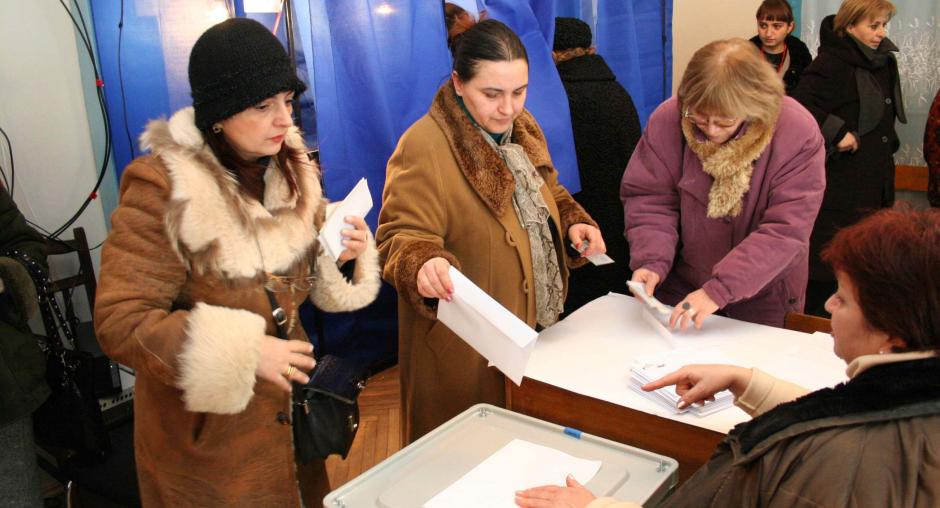OSCE/ODIHR supports dialogue on political party funding and women’s participation in Georgia

Representatives from government agencies, political parties, civil society and international organizations highlighted measures to enhance the transparency of political party funding and increase women’s political participation in Georgia, at a roundtable meeting co-organized by the OSCE Office for Democratic Institutions and Human Rights (ODIHR) in Tbilisi on 12 and 13 March 2013.
Participants noted the findings of the final report of the OSCE/ODIHR Election Observation Mission for the 1 October 2012 parliamentary elections in Georgia, which recommend improving the legal framework for elections and strengthening the regulation of party and campaign finance.
“Ensuring transparent and accountable funding of political parties is a key challenge across the OSCE region,” said Marcin Walecki, the Chief of ODIHR’s Democratic Governance and Gender Unit. “Among the measures that the Georgian authorities could take in addressing this issue are clarifying the party and campaign finance requirements that political parties must fulfil and, in cases of non-compliance, identifying applicable sanctions that are proportional, effective and dissuasive.”
Tatyana Bogussevich, ODIHR’s Senior Election Adviser, also underlined the report’s recommendation that the legal framework clearly define the scope of the State Audit Office’s authority, as well as the criteria and methodology for that Office to inquire about possible breaches of the law.
ODIHR presented its baseline study, Gender Equality in Elected Office: A Six-Step Action Plan, which highlights different strategies for enhancing women’s political participation, including legislative measures, capacity-building activities and internal initiatives by political parties.
The roundtable discussion was the second organized by ODIHR, the International Foundation for Electoral Systems and the Netherlands Institute for Multiparty Democracy in Georgia.
The event is part of ODIHR’s ongoing support to OSCE participating States in strengthening the legislative framework for political and electoral processes, as well as in promoting women’s political participation.
